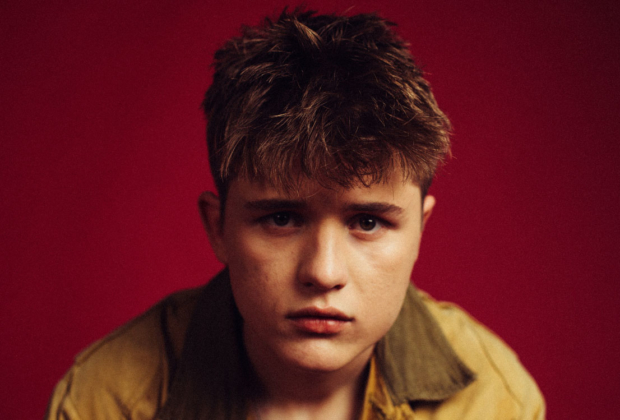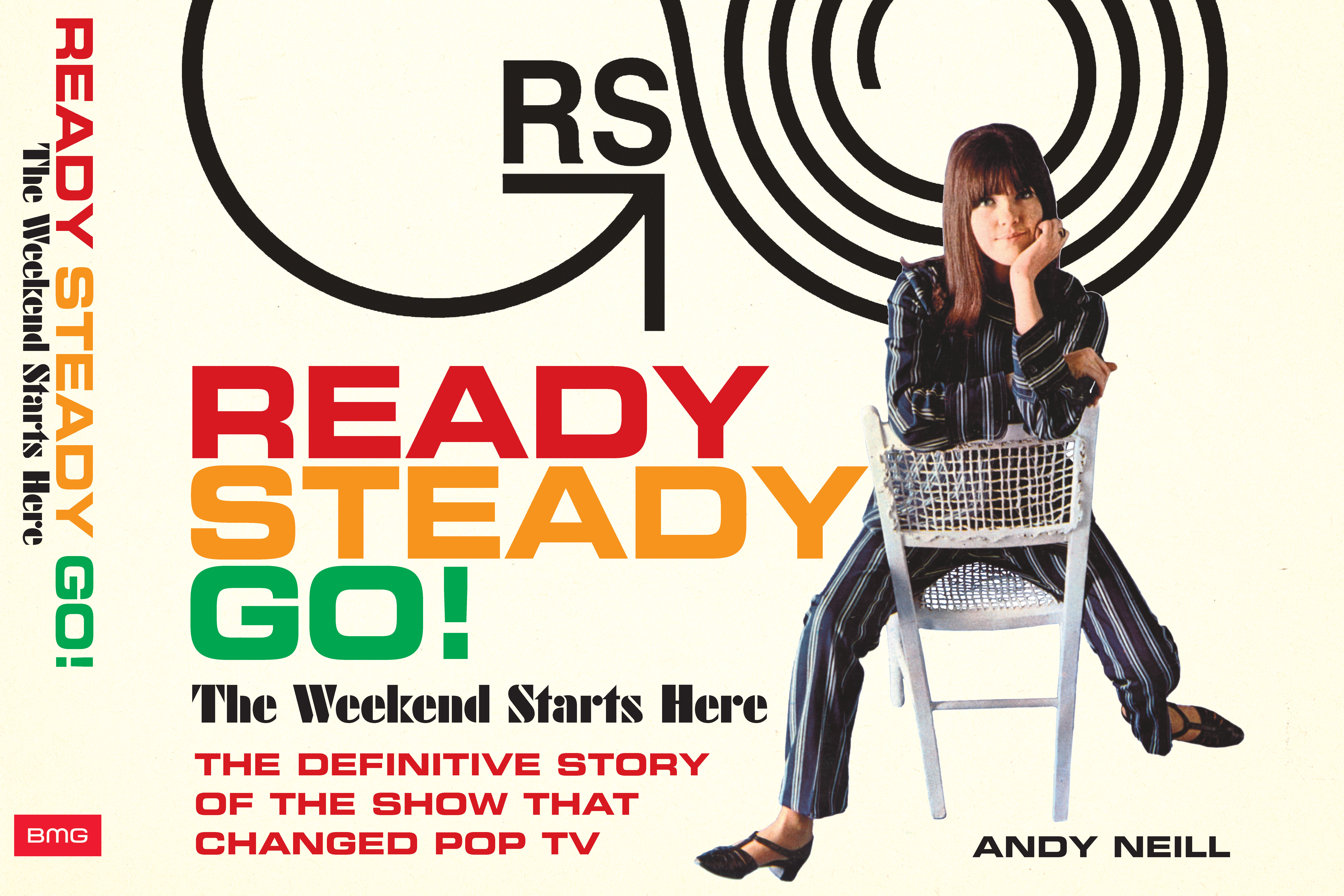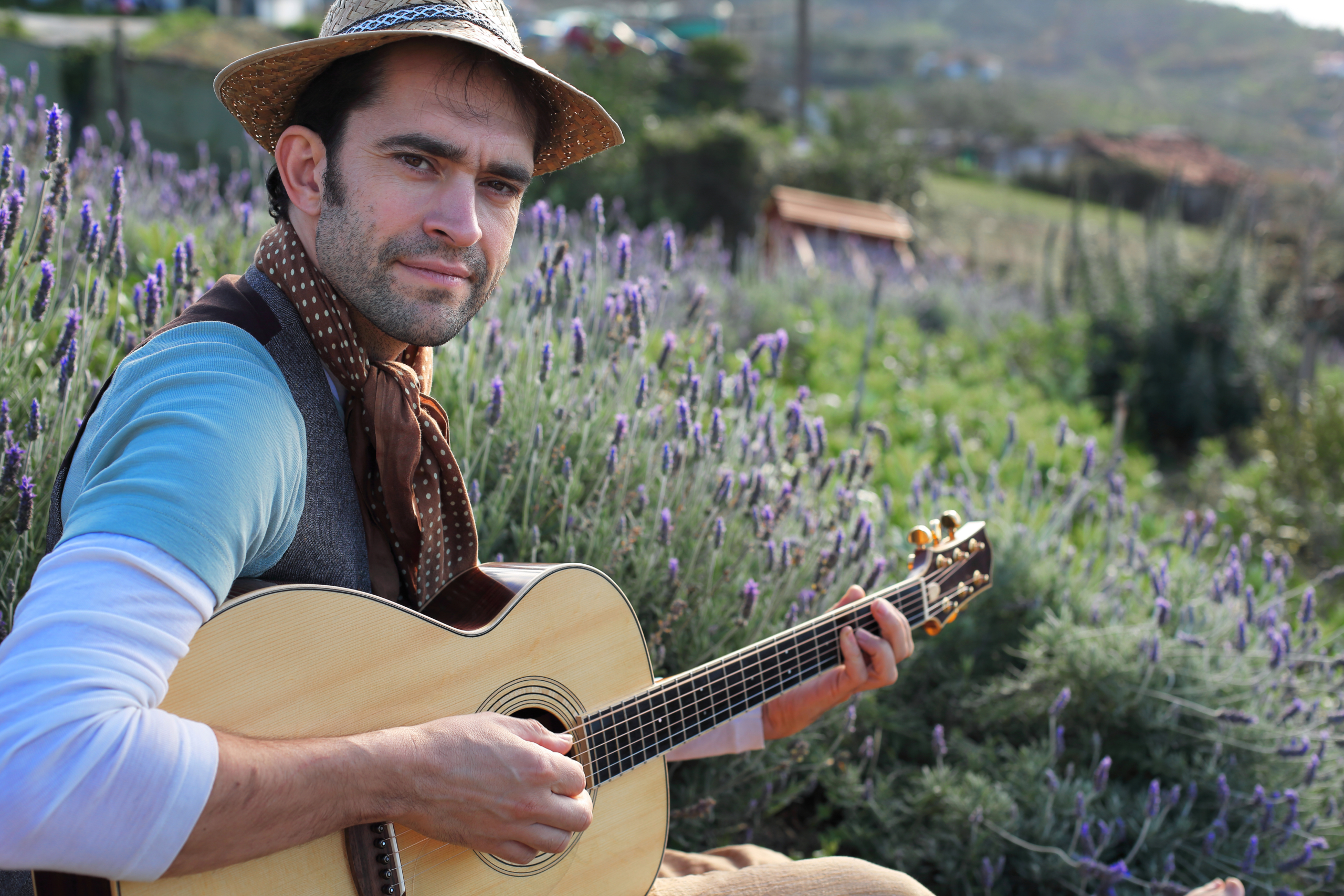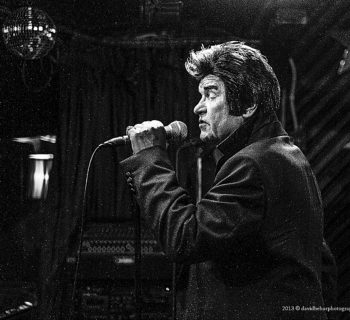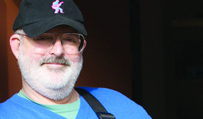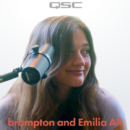With his debut CD, Bailey Barely Knew Me, singer-songwriter and producer John-Robert reveals song narratives steeped in endearing authenticity and music that is much deeper than the simple sum of its parts.
Having just celebrated his 20th birthday, John-Robert arrives in Los Angeles from his hometown, Edinburg, VA, a town of a thousand residents. Signed to Nice Life Recording Company and Warner Records, he worked with Grammy-nominated producer and Nice Life founder Ricky
Reed on his debut. The production touches are subtle, keeping all of the emotional intensity intact.
A music creator since he was nine years old, John-Robert explains that growing up in the Shenandoah Valley was like evolving in a vacuum. “The coolest shit comes out of small towns,” he avows. “A small town was a place to sit with the instruments and learn. But I’m a product of the Internet. My influences came from the artists that I saw and the tutorials that I watched.”
By sharing his covers in online videos, he attracted a substantial cadre of fans plus overtures from the music business. But John-Robert had no intention of being molded into a teen pop star. “Some people tried to modify me,” he confirms. “In response, I ignored the music industry for a bit and concentrated on music production, because I wanted to be more hands-on. Also, if you don’t do your own songwriting, you get handed a lot of awful songs that people want you to sing.”
He devoted himself to studying his craft. “I felt like I had a good voice, and I needed good songs to match it, as pompous as that sounds. No one was going to tell my story as well as me. I need to be on the ground floor.”
He laughs as he relates his early efforts at songwriting. “I was into the Weeknd, so I would sing songs about drugs that I had never tried, which I thought was cool and badass. I wrote about James Bond and Ferris Bueller. Then I learned to write about what I knew, to be earnest and honest with my songwriting, and how I approach it. And to be vulnerable and admitting to stuff in the songs. People started respecting that. The more vulnerable you are, the more rewarding [it is]. Somebody told me that I had put into words what they couldn’t express. Listeners can make their own connections.”
Open guitar tunings and a technique of capoing select strings while leaving the others open are chordal elements underpinning John-Robert’s distinctive sound. “My hometown friend, Tim,
showed me that capo technique. Then I found the tuning for my song "Urs" that was mysterious, with disturbing undertones to it, but sounding fine and beautiful.”
He credits additional friends in Richmond, VA, for introducing him to “math rock,” a sub-genre built around open tunings. “The rule is that you strum open tunings, and if it sounds pretty, you are ready to write a math-rock tune. When you’re in a new tuning there is a whole sense of discovery.” His songs are accompanied by videos, with John-Robert complicit in imagining their creative content. “I wanted to make sure that there was no one in the music videos except for me. And that we have weird circumstances like me being pestered by a spotlight, or me being alone in a torture cell, or being harassed by a pelican.”
Yes, a pelican. This feathered flyer––rendered in glorious papier-mâché––is the namesake of John-Robert’s song, “Pelican.” He says that requesting this prop was a test of his power. “The pelican was proof that I did have creative control.”
With his debut EP, John-Robert has configured a setlist that will retain full impact when he performs the songs solo. “Making sure that production isn’t doing the heavy lifting,” he clarifies, “Establishing that being the singer-songwriter comes first. With future projects, I will be able to use weirder production techniques. I had to calm down for this first release.”

